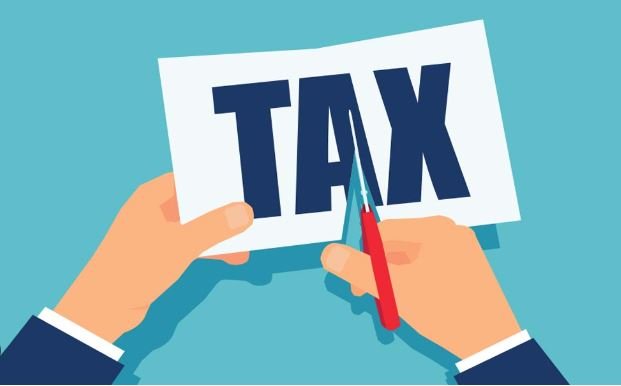Here’s a summary of the key changes coming into effect on 1 July 2024:
Tax cuts reduce personal income tax rates and change the thresholds.
Superannuation guarantee increases from 11% to 11.5% – check the impact on any salary package arrangements.
Superannuation caps increase from $27,500 to $30,000 for concessional super contributions and from $110,000 to $120,000 for non-concessional contributions.
Luxury car tax threshold increases to $91,387 for fuel-efficient vehicles and $80,567 for all others.
Car limit for depreciation increases to $69,674.
$300 energy relief credit for households comes into effect (credited automatically quarterly).
For business
$325 energy relief credit for small business commences (for small businesses that meet the relevant State or Territory definition of a ‘small customer’).
$20k instant asset write-off extended to 30 June 2025 (subject to the passage of legislation).
Work from home expenses
Working from home is a normal part of life for many workers, and while you can’t claim the cost of your morning coffee, biscuits or toilet paper (seriously, people have tried), you can claim certain additional expenses you incur. But, work from home expenses are an area of ATO scrutiny.
There are two methods of claiming your work from home expenses; the short-cut method, and the actual method.
The short-cut method allows you to claim a fixed 67c rate for every hour you work from home. This covers your energy expenses (electricity and gas), internet expenses, mobile and home phone expenses, and stationery and computer consumables such as ink and paper. To use this method, it’s essential that you keep a record of the actual days and times you work from home because the ATO has stated that they will not accept estimates.
The alternative is to claim the actual expenses you have incurred on top of your normal running costs for working from home. You will need copies of your expenses, and your diary for at least 4 continuous weeks that represents your typical work pattern.
Investment property owners
If you do not have one already, a depreciation schedule is a report that helps you calculate deductions for the natural wear and tear over time on your investment property. Depending on your property, it might help to maximise your deductions





